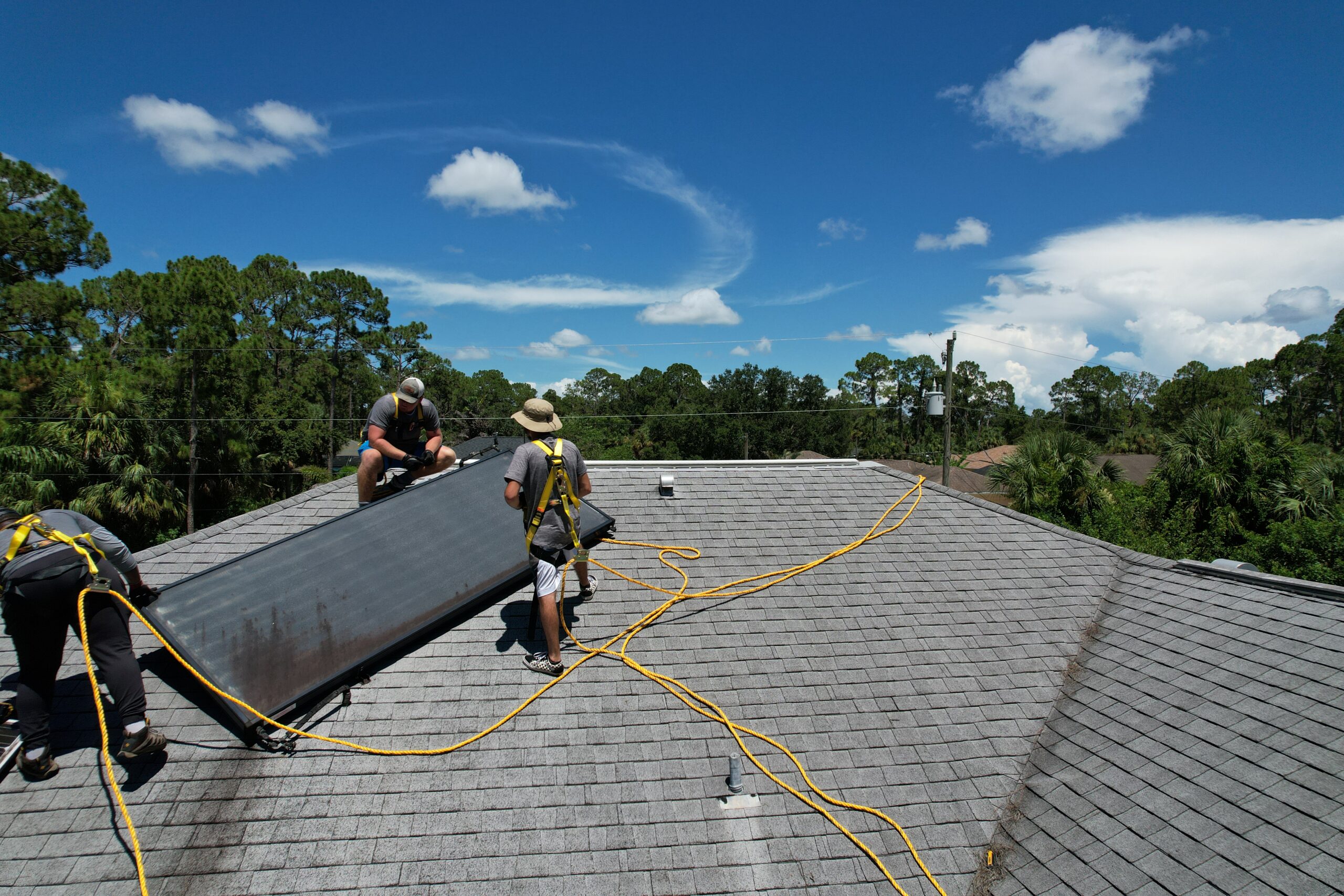Installing solar panels on your roof can be an excellent investment that helps reduce energy costs and your carbon footprint. But before you take the leap, it’s important to know what type of roof is best for accommodating solar panels. Let’s explore the different options so you can make an informed decision.
The first thing to consider when installing solar panels is whether or not your roof is in good enough condition to support them. You don’t want to add unnecessary stress to a worn-out roof or install panels on a rooftop that isn’t structurally sound. If your roof needs repairs or replacement, it should be done before the installation begins.
Next, think about the slope and orientation of your roof. Solar panels need direct sunlight in order to generate power efficiently, so if the angle of the sun changes throughout the day due to tree coverage or other obstacles, this could affect how much energy they produce. Roofs facing west tend to get more evening sun than those facing east, and south-facing roofs are typically ideal for maximizing panel efficiency. The steeper the angle of your roof, the better — flat roofs can still work but require additional equipment for mounting and racking installation.
Finally, think about what material your roof is made from as well as its age and style. Asphalt shingles are a popular choice because they are cost-effective and relatively easy to install compared with other materials like slate or tile roofs which may require additional hardware during installation due to their weight and fragility. Metal roofs generally have a long lifespan but may require extra insulation when installing solar panels in order to prevent overheating during hot summer months.
Choosing the right type of roof for solar panel installation is an important part of any project! It pays off in both financial savings and environmental benefits when you understand what sort of structure will work best with these systems – so do plenty of research before making any decisions! By taking into account factors such as structural integrity, orientation, slope, material type, age, style, and insulation requirements you’ll be able to make an informed decision about which type of roof will work best for your needs – ultimately helping you maximize the potential of your solar panel system!
